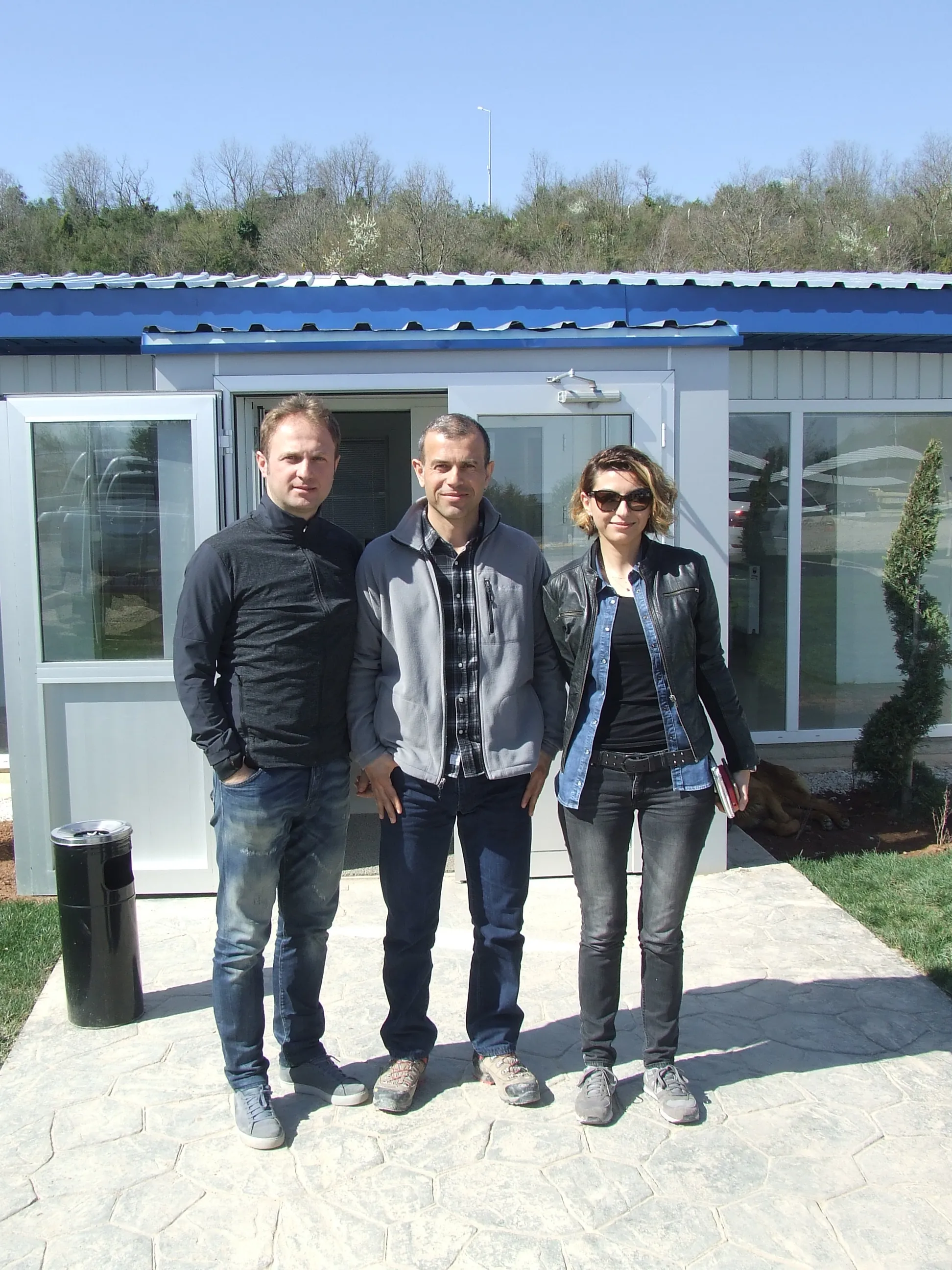The D4 motorway is part of the trans-European transport network and will connect with the planned R7 expressway linking western and eastern Slovakia, and the existing D1 and D2 motorways”.
Apart from construction works on part of the D4 motorway, another two stretches are planned on this link, including the 3.6km stretch from Devinska Nova Ves to the Slovak-Austrian border. Completion for this is around 2026.
The second stretch, which will be 12.4 km from Raca to Zahorska Bystrica in Bratislava and will include the 11km Karpaty tunnel.
The D4 Bratislava, Raca - Bratislava, Zahorska Bystrica stretch should be completed around the year 2030.
The D4/R7 Bratislava project will reportedly cost the Slovak Republic around €1.76 billion in total during the three decades
of concession. This includes construction and 30 years of operation and maintenance.
Meanwhile, Ladislav Dudas, investment director at NDS, said the realistic date for completion of the D1 motorway linking Bratislava and Kosice is 2025. The stretch Hubova - Turany is the only D1 stretch that is not under construction; as well, no tender is underway.
NDS said it is working on land planning documents for the Korbelka tunnel, part of Hubova - Turany stretch. A tender for this stretch, worth around €870 million could be launched in 2020 with completion of construction around 2025. Preparation works for this project should cost around €14 miilion.
In mid-2016, the government said the Korbelka tunnel alone could cost €278 million, according to a report in Pravda Slovakia.
But the chosen 6km route is a safer option than another route alongside the Vah River that would have taken in a potential landslide area. Because of the slide risk, a further €202 million would be needed to shore up the hillside.
At the time, the newspaper Pravada Slovakia noted that work would not start likely until 2019.
Bratislava bypass and Karpaty tunnel completion set for 2030
Slovakia’s national motorway company NDS expects that the Bratislava bypass on the D4 motorway together with the Karpaty tunnel will be completed around 2030.
The D4 motorway is part of the trans-European transport network and will connect with the planned R7 expressway linking western and eastern Slovakia, and the existing D1 and D2 motorways”.
Apart from construction works on part of the D4 motorway, another two stretches are planned on this link, including the 3.6km stretch from Devinska Nova Ves t
June 18, 2018
Read time: 2 mins
Slovakia’s national motorway company 5891 NDS expects that the Bratislava bypass on the D4 motorway together with the Karpaty tunnel will be completed around 2030.







